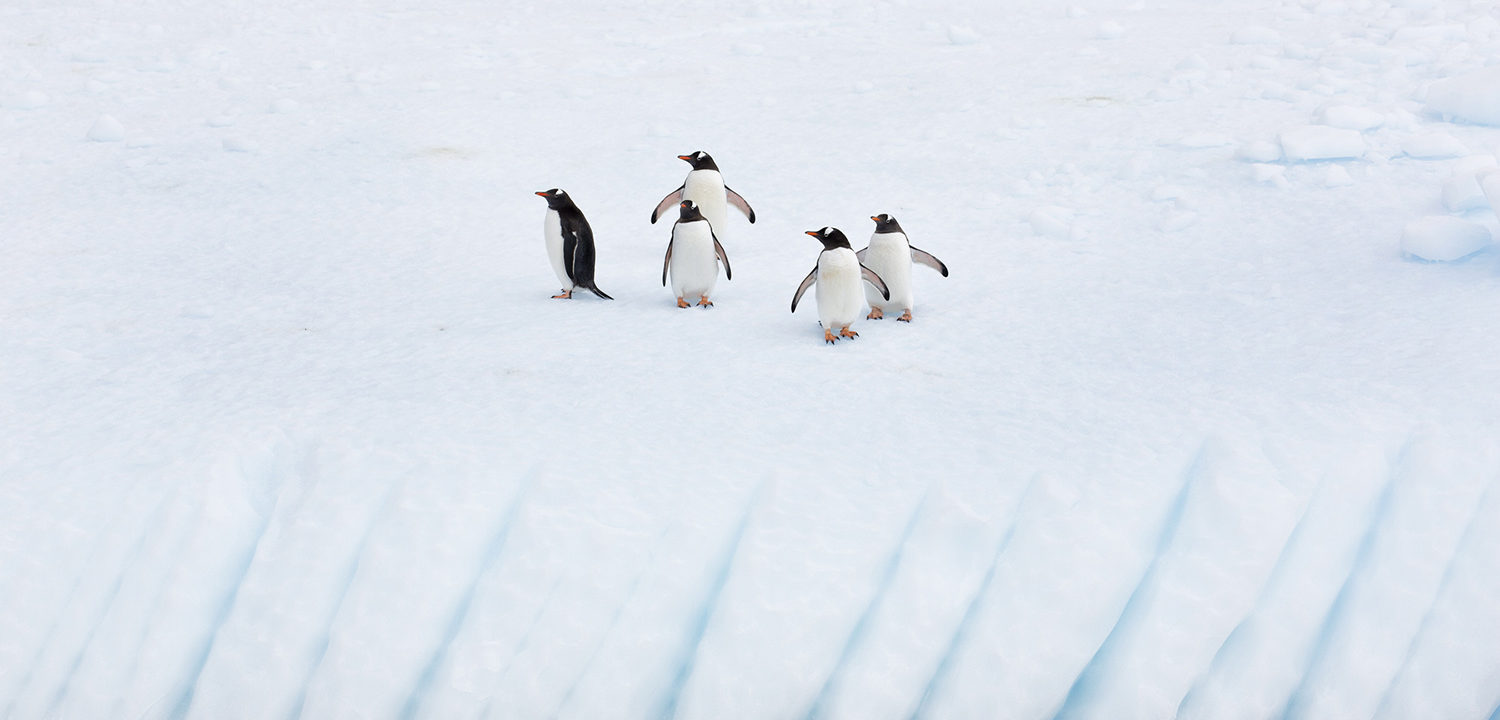- What do you know about Antarctica?
Once you decide to travel to Antarctica, you prepare for an amazing adventure. Icebergs, penguins and snow are dominating the landscape, you can expect snowflakes in summer and there is no human habitation beside some research huts. But what do you really know about Antarctica?
- Ushuaia, the port where One Ocean Expeditions sets sail from towards Antarctica is called ‘the end of the world’

- Tierra del Fuego was “discovered” in 1520 by the expedition of Ferdinand Magellan, who named the place first, “Land of Smokes” and later “Land of Fire”, as he saw the smoke from numerous campfires along the coast
- If you successfully sail around Cape Horn, you can put one leg up on the coffee table when having tea with the Queen of England
- Antarctica is the coldest, windiest and driest continent on the planet
- At 9 kilograms, the Wandering Albatross is far from the heaviest bird, but its massive wingspan, stretching 3.5 meters is greater than any other. Putting its size to good use, the Wandering Albatross has been recorded flying an impressive 135 kilometers an hour.
- Antarctica is bigger than Europe and almost double the size of Australia
- 85% of the Earth’s glacial ice is located in Antarctica
- The Antarctic continent has been covered by an ice sheet for the last 40 million years

- The hole in the ozone layer was discovered in Antarctica
- The continent as a whole contains about 90% of the planet’s freshwater ice and around 70% of the total fresh water on Earth
- There are only 10 people in the world that have been born on the continent of Antarctica. The first person born there was Emile Marco Palma, born in January 1979
Want to learn more about the Antarctic Peninsula? Consider one of our classic itineraries ‘Antarctic Peninsula Adventure’ with several departure times this season with a special focus on educational topics such as history, glaciology, ornithology and geography.
Looking for more information? Our agents have extensive experience and knowledge of the areas we visit. Speak with your travel agent or call our experts to learn more.















